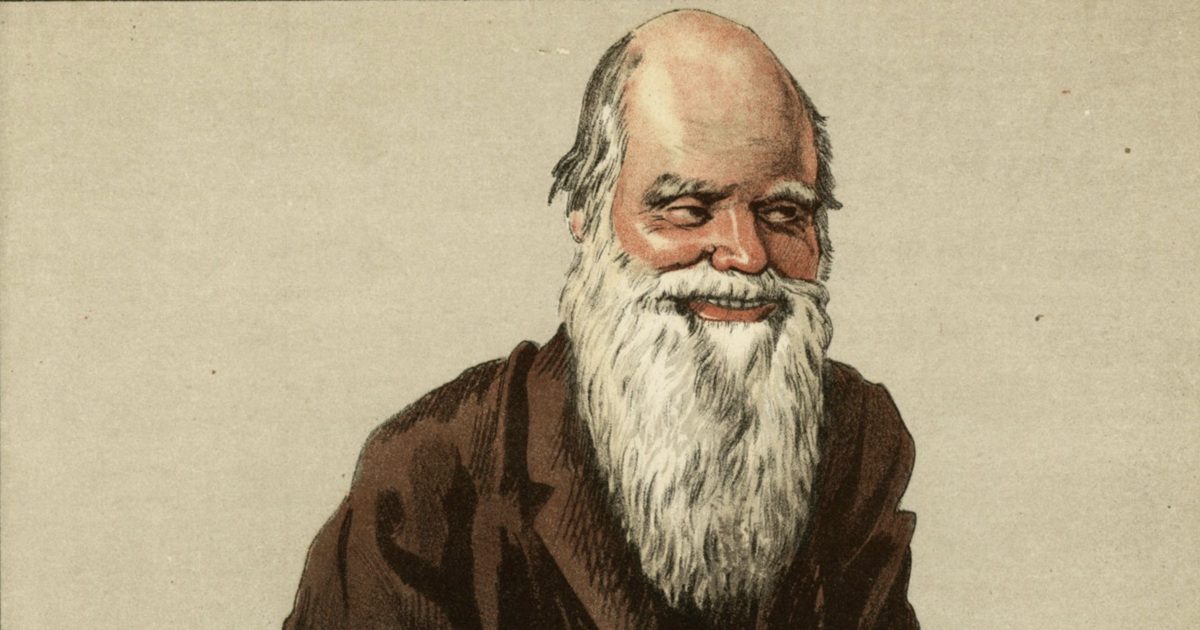
Casey Luskin is a scientist and an attorney with graduate degrees in science and law, giving him expertise in both the scientific and legal dimensions of the debate over evolution. He holds a PhD in Geology from the University of Johannesburg where he specialized in paleomagnetism and the early plate tectonic history of South Africa. He earned a law degree from the University of San Diego, where he focused on First Amendment law, education law, and environmental law. His B.S. and M.S. degrees in Earth Sciences are from the University of California, San Diego, where he studied evolution extensively at the graduate and undergraduate levels, and conducted geological research at Scripps Institution for Oceanography. Dr. Luskin has been a California-licensed attorney since 2005, practicing primarily in the area of evolution-education in public schools and defending academic freedom for scientists who face discrimination because of their support for intelligent design (ID).
In his role at Discovery Institute, Dr. Luskin works as Associate Director of the Center for Science and Culture, where he helps direct the ID 3.0 Research Program, and assists and defends scientists, educators, and students who seek to freely study, research, and teach about the scientific debate over Darwinian evolution and ID. He is also a Senior Fellow of the Center for Science and Culture.
In 2001, Luskin co-founded the Intelligent Design and Evolution Awareness (IDEA) Center, a non-profit helping students to investigate evolution by starting "IDEA Clubs" on college and high school campuses. Casey and the IDEA Club movement he co-founded were featured in the April 27, 2005 cover story of the journal Nature.
Dr. Luskin has lectured widely on ID at university campuses and conferences on four continents, and has coauthored or contributed to multiple books. In 2006, he coauthored Traipsing Into Evolution: Intelligent Design and the Kitzmiller v. Dover Decision, a detailed critique of the first court ruling to assess the constitutionality of teaching ID in public schools. In 2012, he coauthored Science and Human Origins, reviewing fossil and genetic evidence which challenges human/ape common ancestry. He is coauthor of Discovering Intelligent Design, the first comprehensive introductory intelligent design curriculum, published in 2013. He co-edited with William Dembski and Joseph Holden The Comprehensive Guide to Science and Faith: Exploring the Ultimate Questions About Life and the Cosmos, which won an honorable mention in World magazine's 2021 "accessible science" book of the year awards. Luskin has also contributed to the volumes Intelligent Design 101: Leading Experts Explain the Key Issues; Theistic Evolution: A Scientific, Theological, and Philosophical Critique (Crossway, 2017); The Praeger Handbook of Religion and Education in the United States; Dictionary of Christianity and Science (Zondervan, 2017); Science and Faith in Dialogue (Aosis, 2022); Signature of Controversy; The Unofficial Guide to Cosmos; Debating Darwin's Doubt; More than Myth; and the award-winning God and Evolution.
Dr. Luskin has published in both technical law and science journals, including Journal of Church and State; Montana Law Review; Geochemistry, Geophysics, and Geosystems; South African Journal of Geology; Hamline Law Review; Liberty University Law Review; Trinity Law Review; University of St. Thomas Journal of Law & Public Policy; and Progress in Complexity, Information, and Design. He also contributed to The Archaean Geology of the Kaapvaal Craton, Southern Africa (Springer Nature, 2019) and Ancient Supercontinents and the Paleogeography of Earth (Elsevier, 2021).
A senior editor at Salvo Magazine, Luskin has published in a variety of print and online popular media. He has commented on the debate over evolution in hundreds of radio, TV, and other media sources, including the NY Times, LA Times, Nature, Science, U.S. News & World Report, Washington D.C. Examiner, Human Events, The Blaze, The Stream, The Federalist, Christianity Today, BeliefNet, Touchstone, World, Christian Science Monitor, Coast to Coast, NPR, CNN.com, C-SPAN, and Foxnews. Luskin is a regular contributor to Evolution News and the ID the Future Podcast.
Casey is a Christian with a Jewish background. His special interests include geology, science education, biological origins, and environmental protection. He and his wife reside in the Seattle region, where they enjoy hiking, camping, kayaking, sailing, and other outdoor activities.
Archives


Aeon: “The Cell Is Not a Factory” — It’s Far More Complex
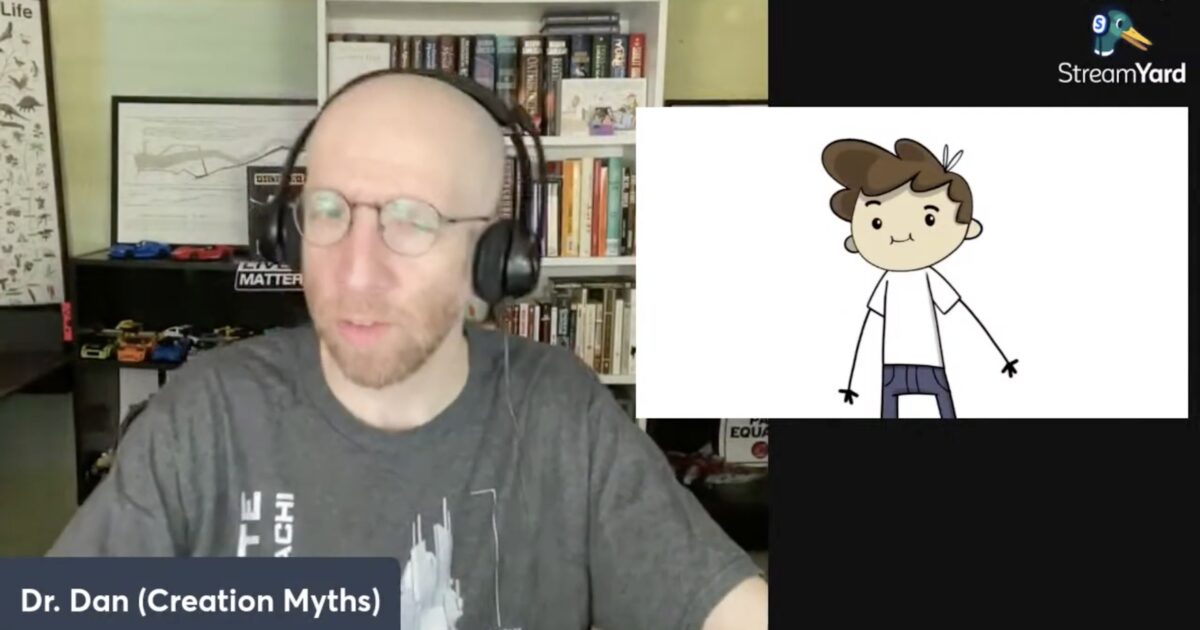
“Creation Myths” Misquotes and Misrepresents Junk DNA Video

New Long Story Video Tackles “A Battle of Predictions: Junk DNA”

Apply for the Cost-Free Summer Seminars on ID, but Do It Now! Deadline Is March 31
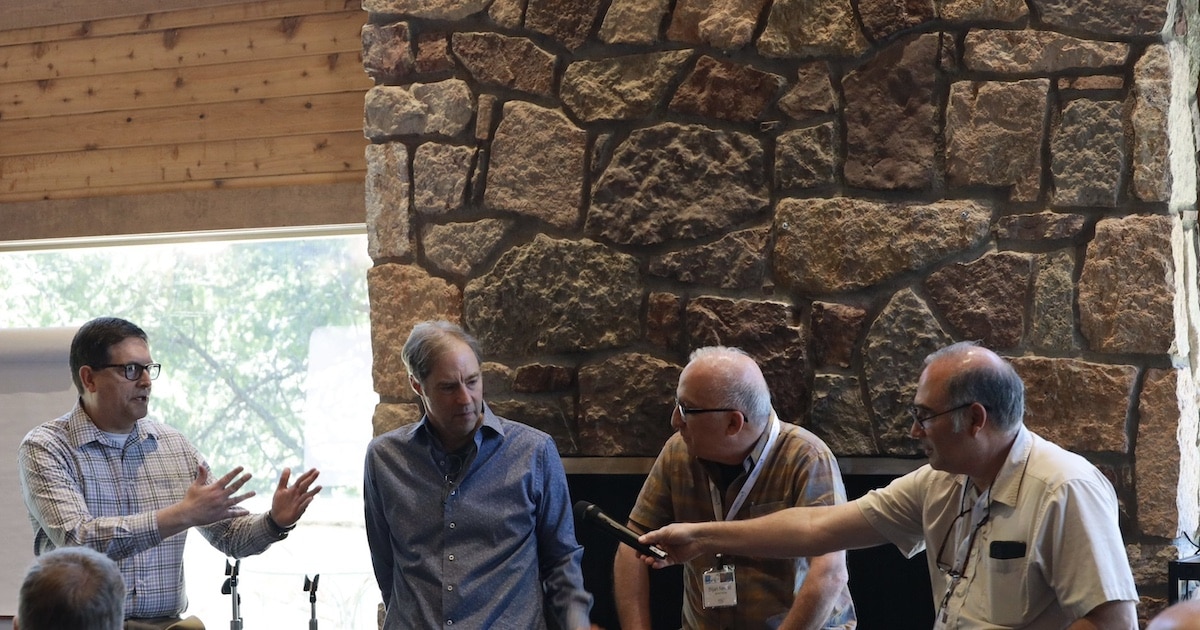
The 2024 Summer Seminar on Intelligent Design Could Be the Highlight of Your Year!
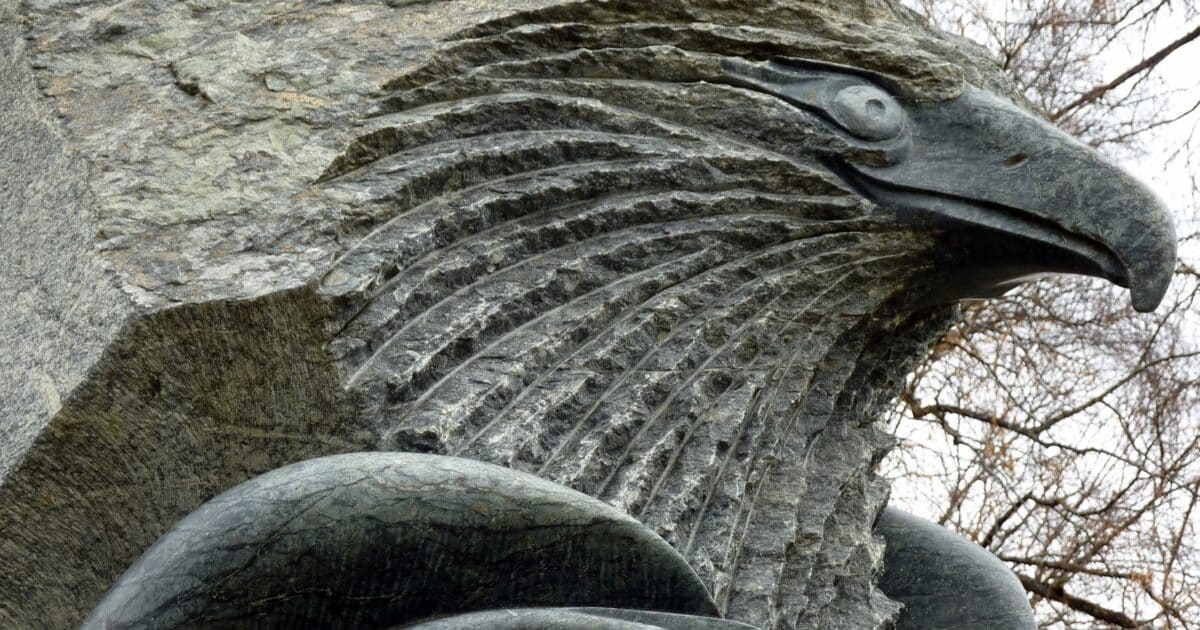
Evolution Falsified? Rope Kojonen’s Achievement

Two Nature Articles Call for Rethink in Biology

West Virginia Passes Bill Protecting Teacher Rights to Answer Student Questions on “Scientific Theories”

The Incompatibility of Evolution and Design

PNAS Paper: “Scientific Censorship Appears to Be Increasing”

Denis Noble in Nature: “Time to Admit Genes Are Not the Blueprint For Life”

Intelligently Designed Evolution? Sorry, Wrong Universe

From Astrophysicist Paul Sutter — Multiverse Madness!

Astrophysicist: “We Do Not Yet Know How, Where, or Why Life First Appeared”
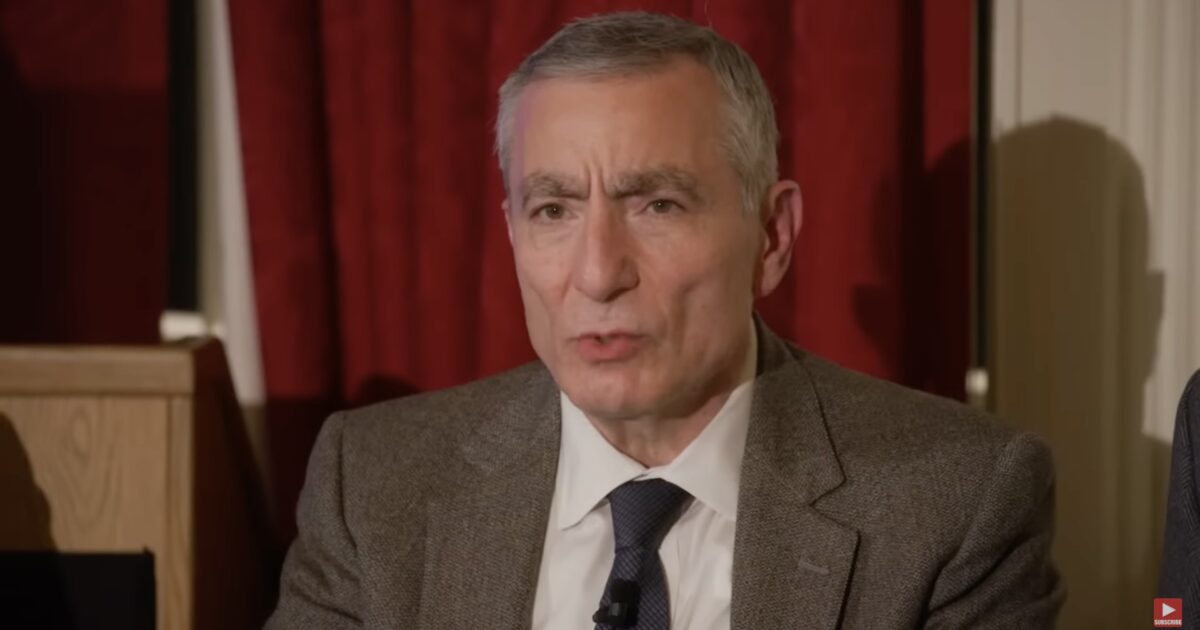
Tour-Cronin Debate: Does Charisma Carry the Day?
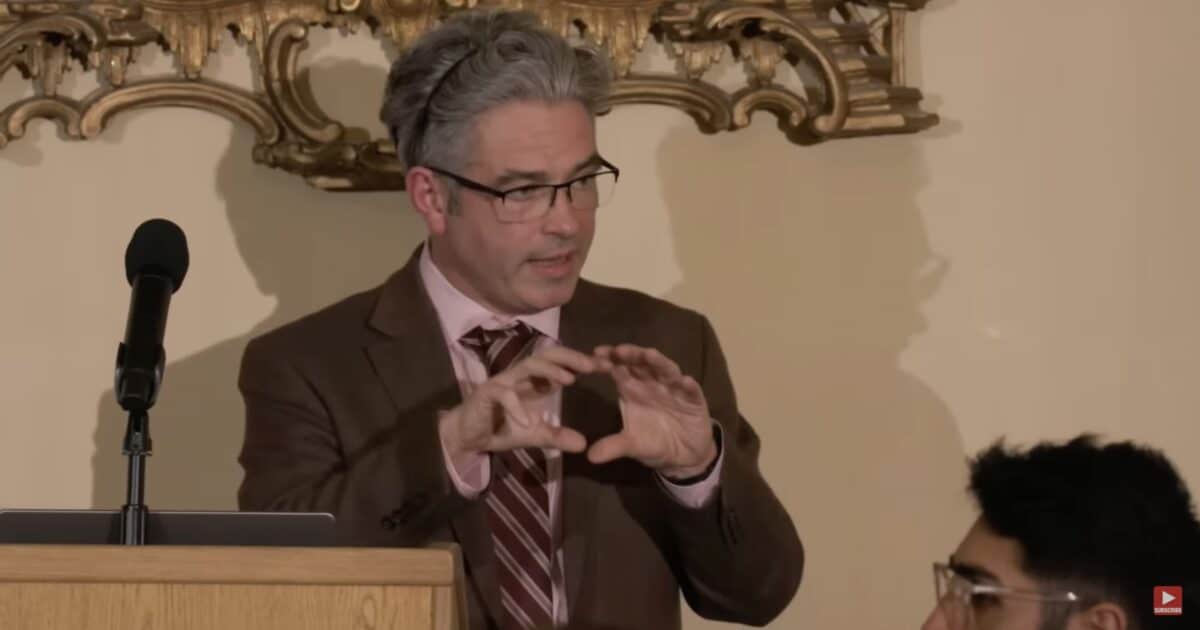
Another War of Words: Jim Tour and Lee Cronin at Harvard
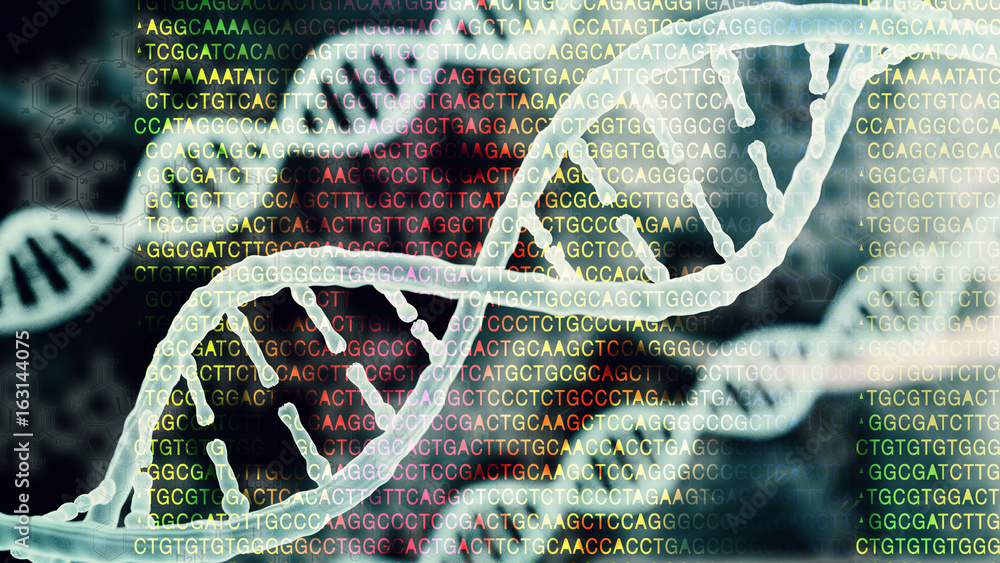
Casey Luskin On Junk DNA’s ‘Kuhnian Paradigm Shift’
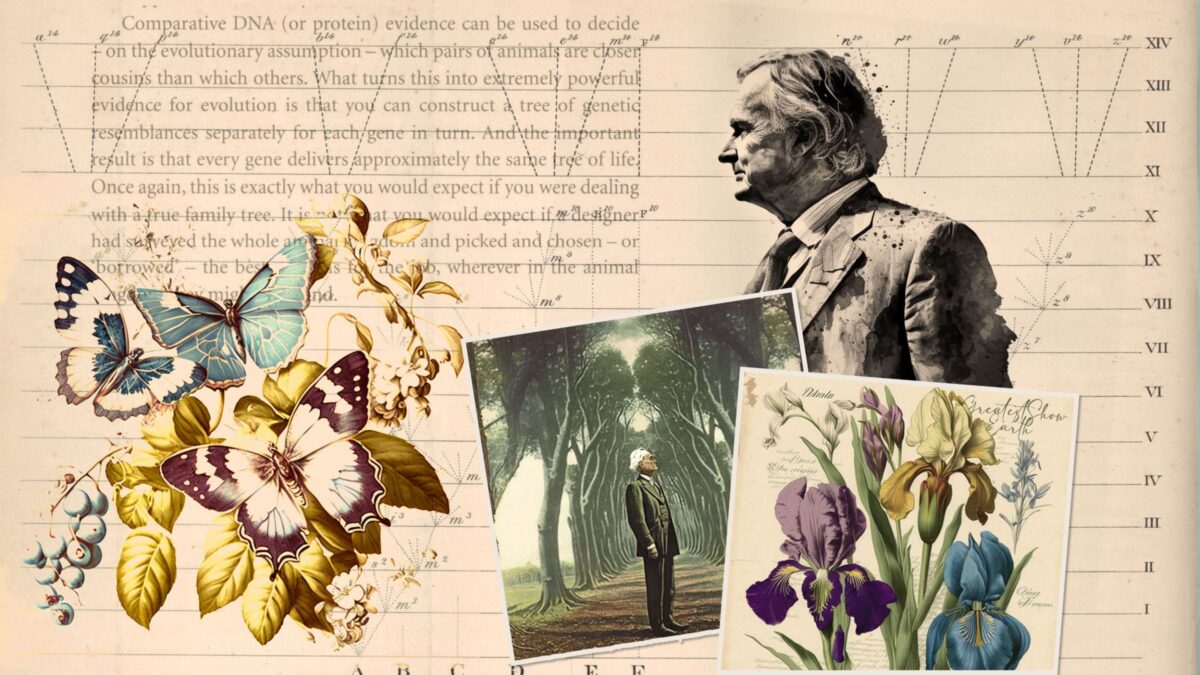
No. 2 Story of 2023: Intelligent Design Passes the Dawkins Test
